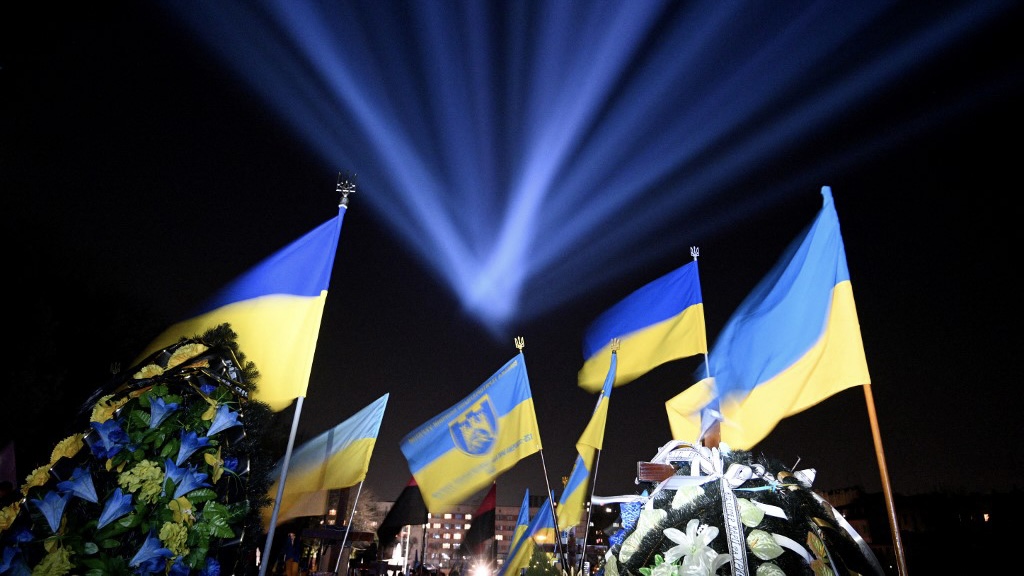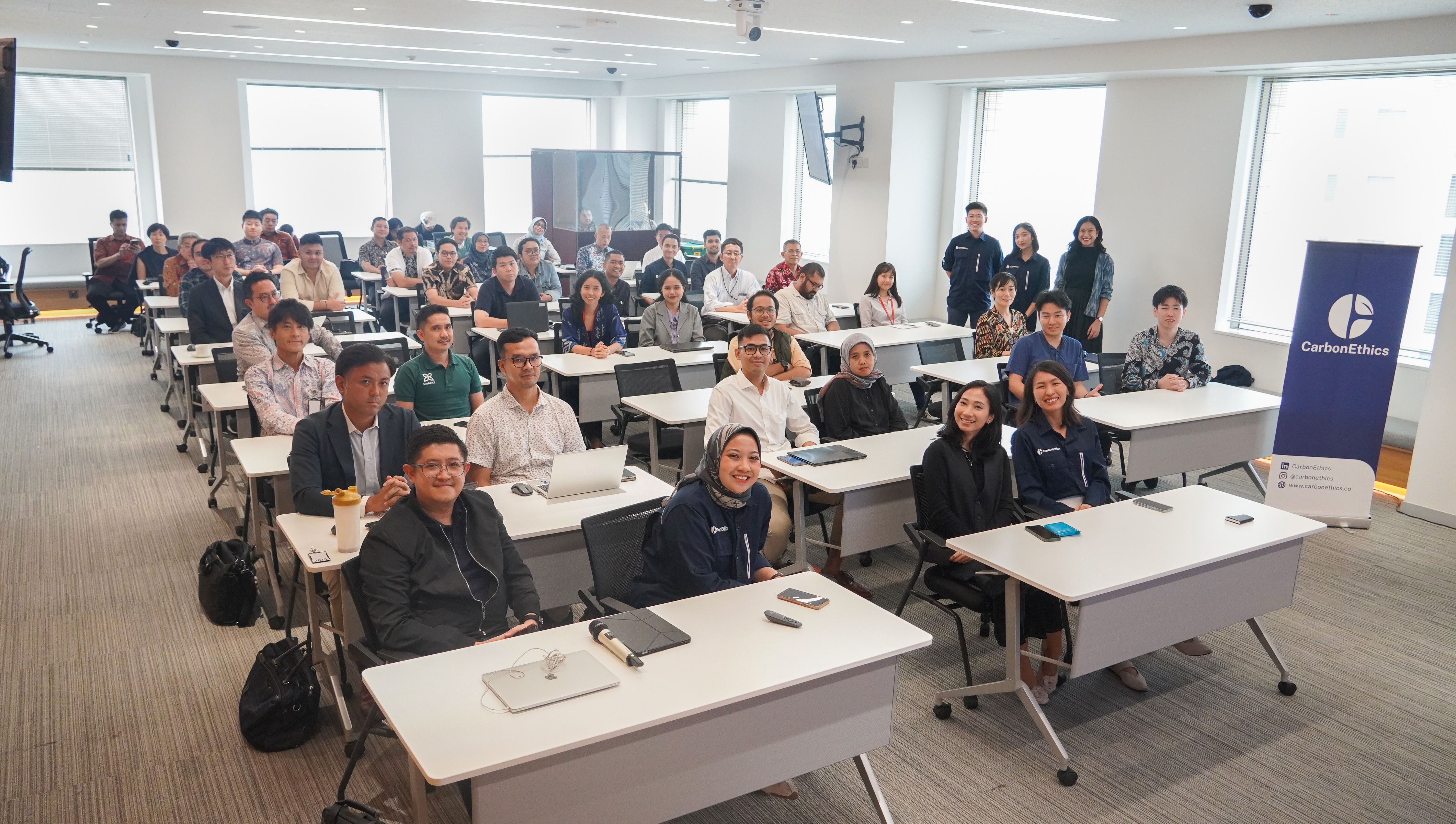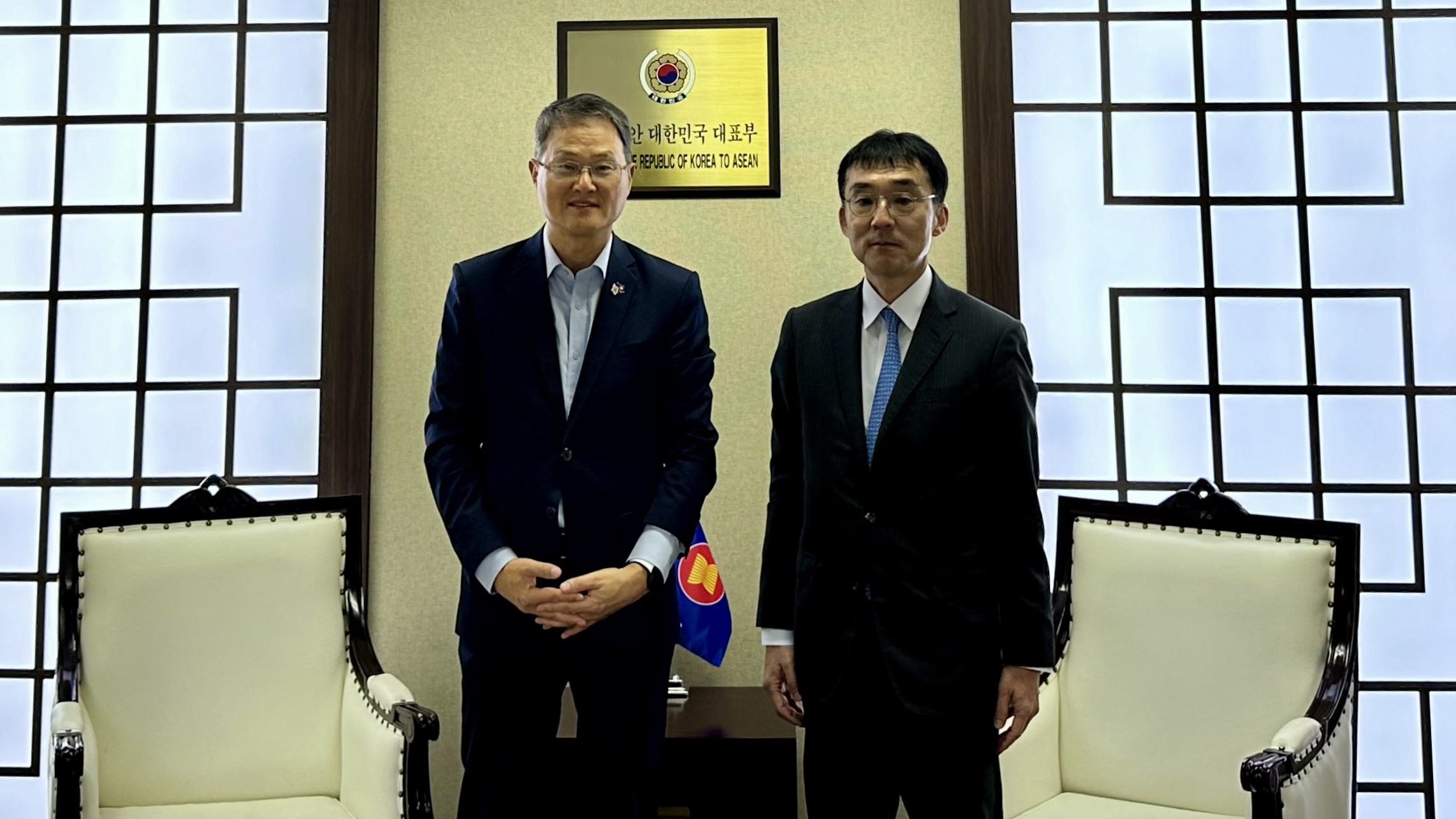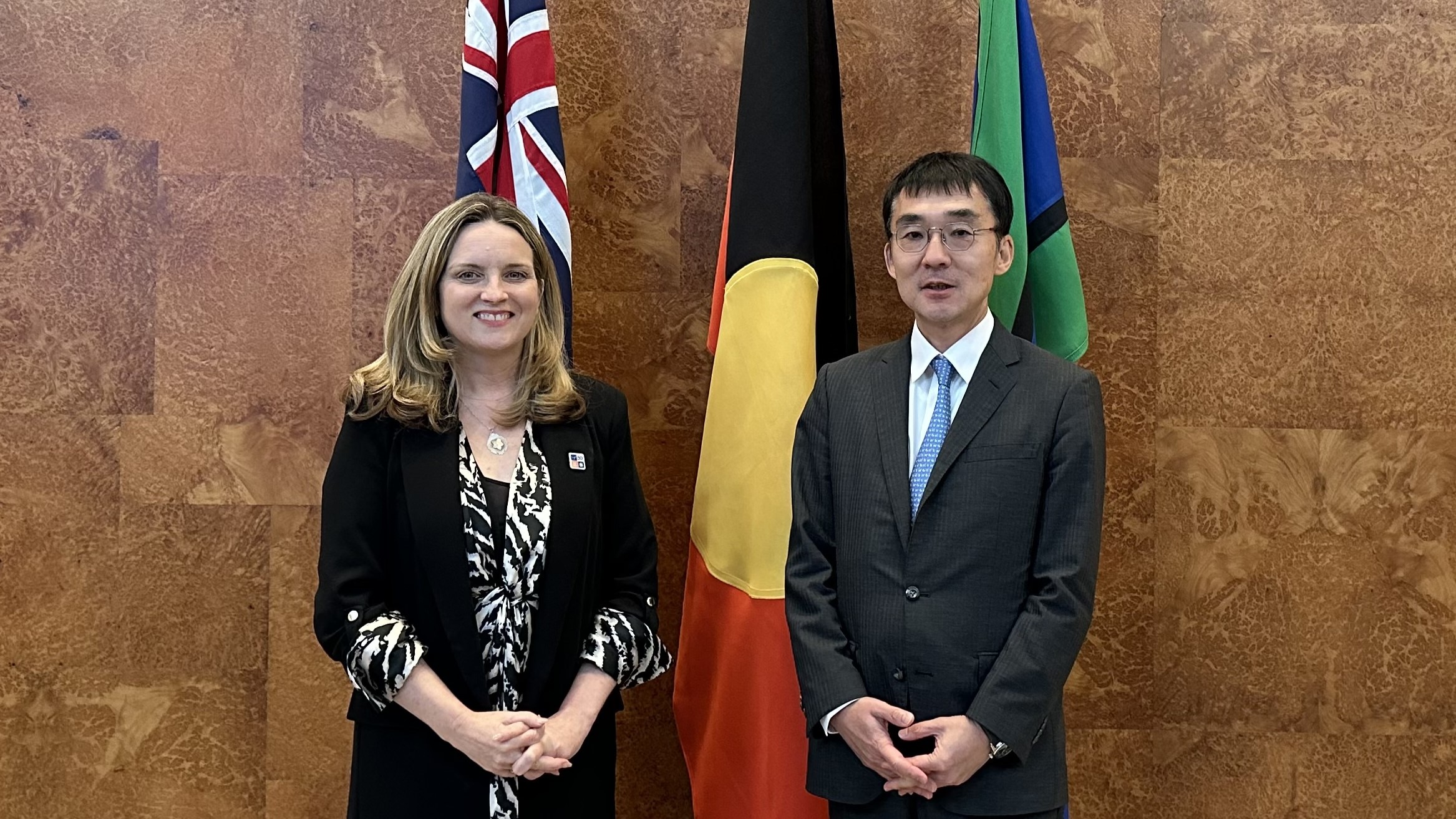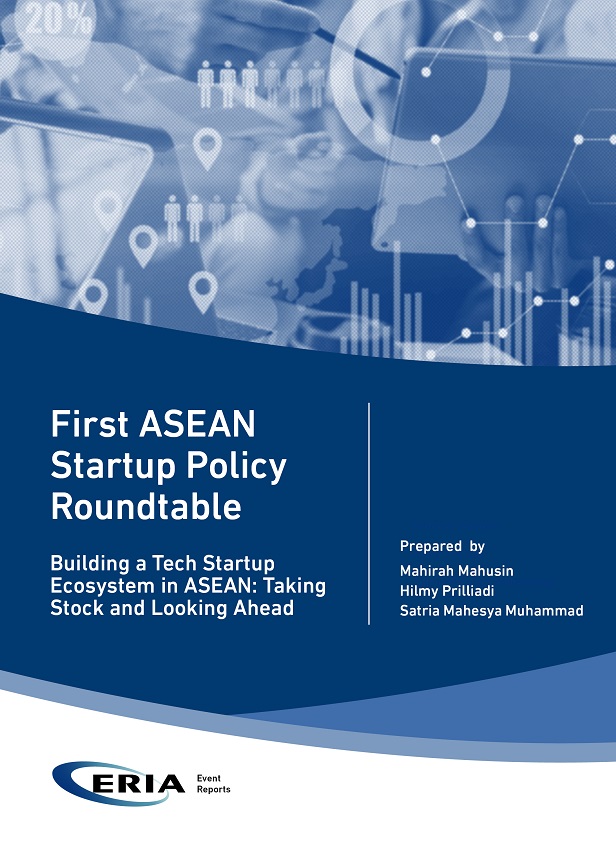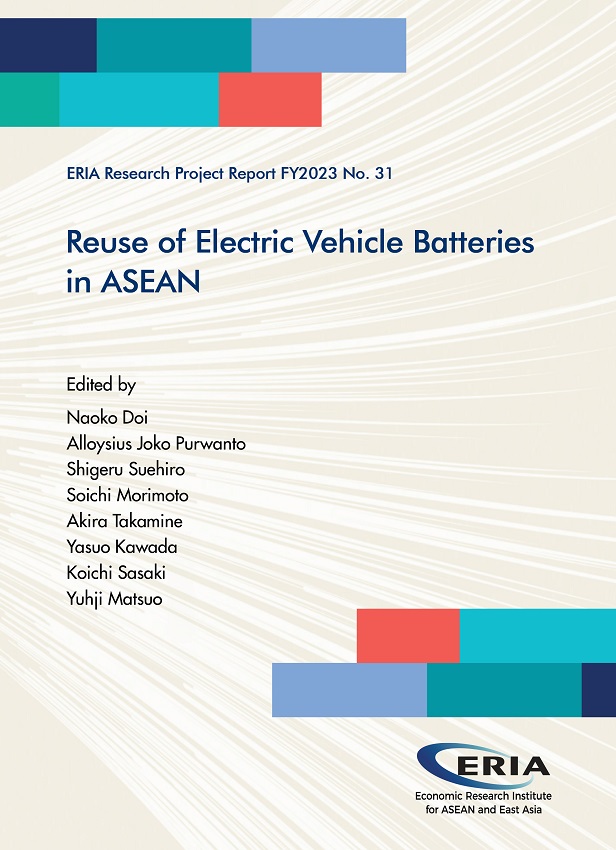One Year of the Russia-Ukraine War A Loss for All
Date:
24 February 2023Category:
OpinionsTopics:
-Share Article:
Print Article:
By Mr Kavi Chongkittavorn, Senior Communications Advisor: One year into Russia’s invasion of Ukraine, the West is convinced that, with more powerful arms support to Ukraine, the country will win the war.
After all, the US and NATO can still take comfort in the fact that it was Russia’s blatant contravention of the UN Charter, by violating the territorial sovereignty of an independent state, that caused the conflict. In the past few weeks, military experts have already concluded that Russia could be defeated if there is stronger backing from the West. US President Joseph Biden’s surprise visit to Kyiv was the real barometer of Washington’s determination to defeat Russia by proxy. From now on, there will be more aerial bombing, land assaults and bloodshed. Civilian casualties will increase many fold.
As the ground war continues unabated, there is another war emerging. The information war, to forge a new narrative of the Russia-Ukraine conflict, is now up and running. As is well known, the West has been very disappointed with the Global South, led by India and other economies, which still refuse to cross over to the Western camp in condemning Russia’s aggression and imposing sanctions. In the North, public opinion and the media are on the same page, that Russia must be defeated because Moscow provoked and caused untold suffering for the peoples of Ukraine as well as the rest of the world.
On the first anniversary of the war this week, the U.N. General Assembly is voting on a resolution underscoring the urgency of finding a lasting peace in Ukraine. The text, drafted by Ukraine, has been circulated among UN members. It calls for the urgent finding of “a comprehensive, just and lasting peace, in line with the principles of the Charter of the United Nations”.
Last October, the 143 UN members voted in favour, 5 against with 35 abstentions, to condemn Russia’s annexation of four Eastern Ukraine regions. The West hopes that there will be more votes condemning Russia’s aggression.
At the moment, it is hard to predict what will be the endgame of this one-year war. What is clear is that there will be no winners, only losers. The longer the war drags on, the more damage it will cause on the continent. Indeed, the future of Europe’s geopolitics and geo-economics will be dramatically altered. In the past, despite their rivalries, they managed to coexist and be co-dependent on each other’s key resources. Previously, the crucial links in the economic and cultural spheres created an environment that installed peace after World War II. Now it has been torn apart.
Outside the UN, the West has doubled down on its efforts to overpower Russia. Like it or not, from now on the future of Europe will be full of uncertainties and it will take generations to mend fences with Russia. In the past year, Europe has been working hard to adjust its energy policy, to lessen the dependence on Russia’s natural gas. For decades, economic growth in key European economies was fuelled by cheap Russian gas. Now, it is a new ball game. On the one hand, Europe today has nearly halved energy imports from Russia. Both China, and India have already replaced Europe to become two major buyers of Russian gas.
On the other hand, a weaker Russia can bring instability to Europe, as more and more Russians will attempt to cross the borders into the main cities of Europe in search of a better life. An influx of Russians could rear its ugly head if there is strong anti-Russian sentiment after the war.
Both Russia and Ukraine must come to their senses and jump start peace talks. Otherwise, the continued war, which cannot be won, will only bring more human suffering to their countries.
This opinion piece was written by ERIA's Senior Communications Advisor, Mr Kavi Chongkittavorn, and has been published in Thai PBS. Click here to subscribe to the monthly newsletter.
Disclaimer: The views expressed are purely those of the authors and may not in any circumstances be regarded as stating an official position of the Economic Research Institute for ASEAN and East Asia.
Photo by YURIY DYACHYSHYN / AFP
